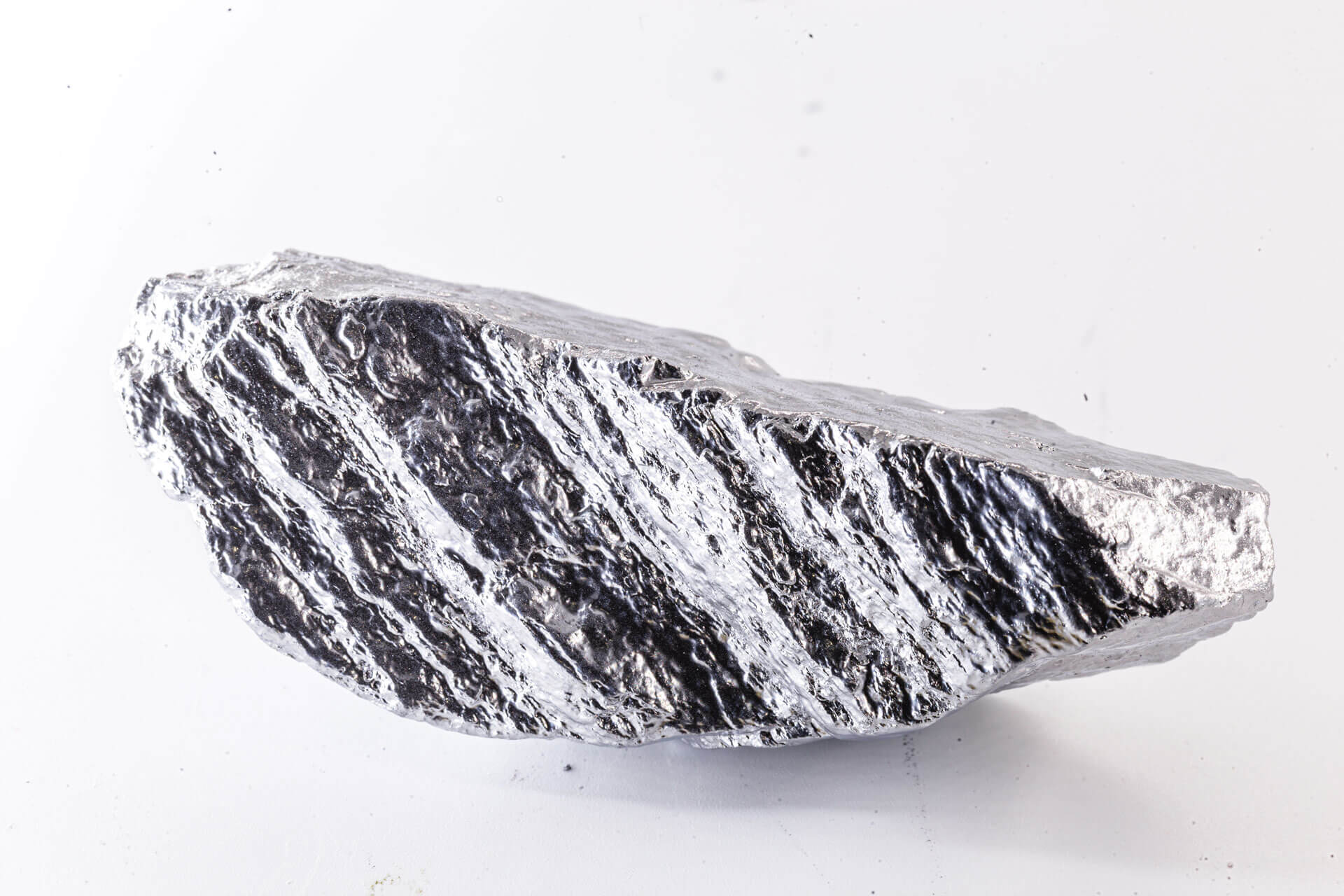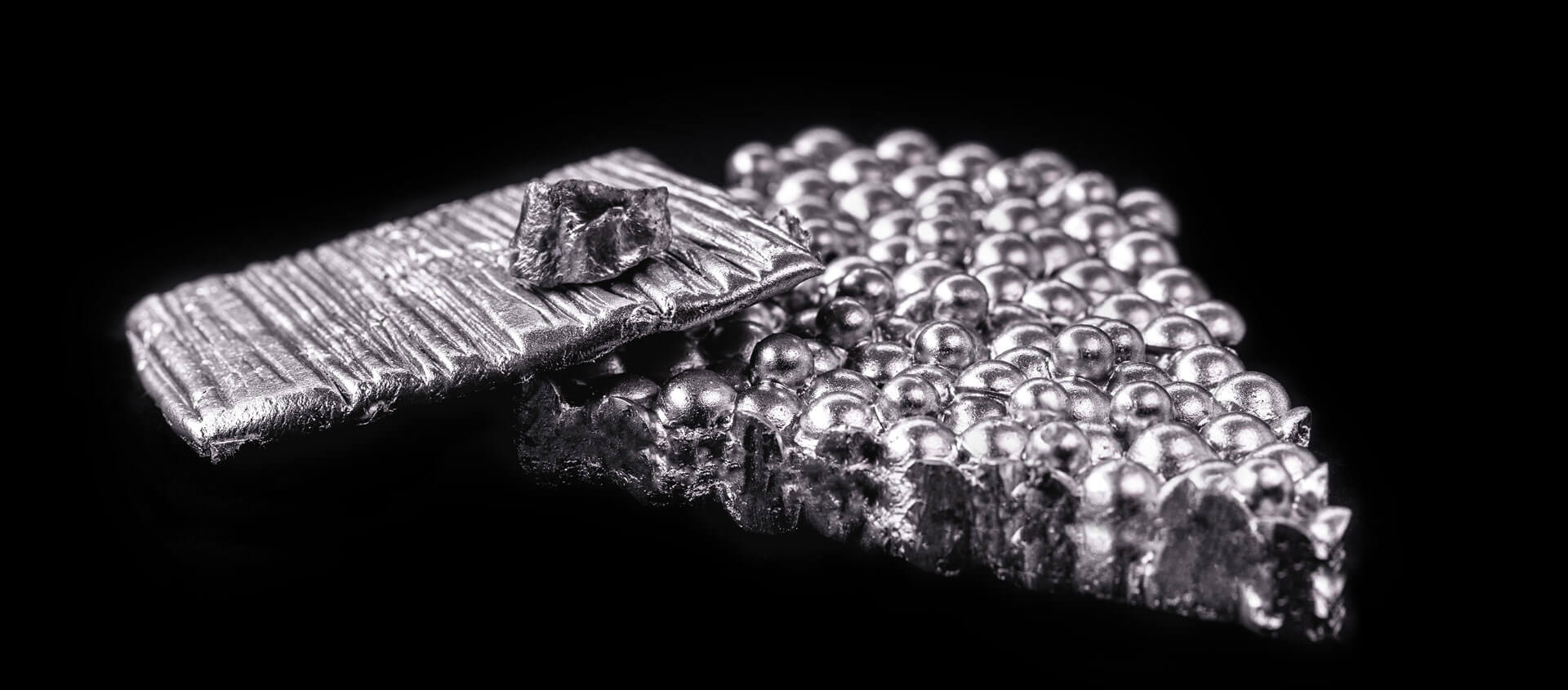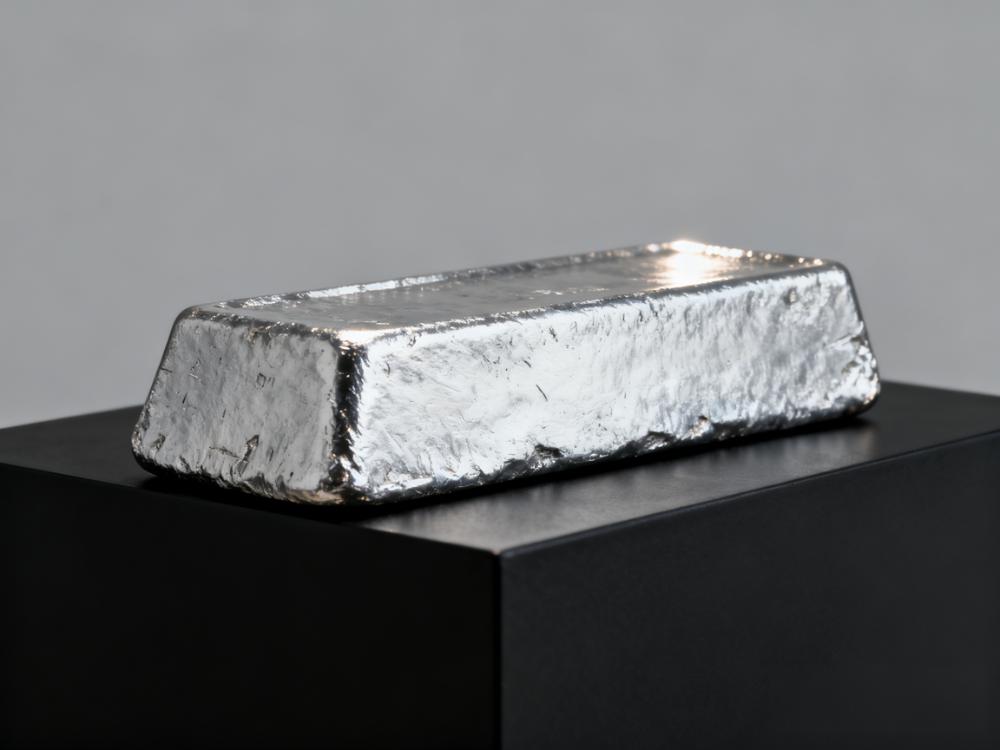Under the global "double carbon" goal, BYD became the first Chinese car company to clearly put forward a timetable for stopping production of fuel vehicles.
On November 12th, the two-week 26th United Nations Climate change Conference (COP26) concluded in Glasgow, Scotland, UK. On the same day, BYD official announced that it had signed a "Global Memorandum of understanding on Zero Emission medium and heavy vehicles". The goal is to achieve 30% of the sales of zero-emission medium-and heavy-duty trucks by 2030 and 100% of zero-emission medium-and heavy-duty trucks by 2040, in order to promote zero carbon emissions by 2050.
A day earlier, BYD, together with five well-known automakers, including Volvo, Ford, General Motors, Mercedes-Benz and Jaguar Land Rover, made a global phase-out of fuel vehicles (including passenger cars and van vans) by 2040. And strive to take the lead in achieving zero emissions in the world's major markets by 2035.
"it can be said that this is the first time that BYD has specified a ban on the sale of fuel vehicles for passenger and commercial vehicles." The relevant person in charge of BYD revealed that the above commitment and the "Memorandum" were led by the overseas Division of BYD.
The industry believes that as the first Chinese car company to explicitly put forward a timetable for stopping production of fuel vehicles, BYD's move may be intended to prepare for future expansion in overseas markets, especially in European countries that have introduced zero greenhouse gas emission timetables.
Although BYD did not disclose the specific layout process in Europe, several recent recruitment messages have revealed some clues. On the same day that BYD official Xuan signed the above-mentioned "MOU", BYD Auto official account released the message of "BYD Europe long-distance tester recruitment". Recruitment information shows that the task of its "long tester" is to drive BYD's new energy car in Europe for 2-4 weeks in 2022.
In September this year, a recruitment message for "BYD German factory technical support engineer" was also circulated online. In this message, it is specifically stated that those with experience in vehicle and commercial vehicle projects are preferred; earlier in March, an internal recruitment message released by BYD Battery showed that the preparation and Construction Office of the new Fudi Battery (European Group) is preparing to build the first overseas battery factory, which is mainly responsible for the production, packaging, storage and transportation of lithium-ion power batteries.
"our passenger cars have arrived in Europe and Latin America one after another, and the internationalization strategy will continue to advance steadily." Although BYD did not comment on news related to the construction of a plant in Europe, it revealed some progress in the export of its passenger cars.
According to foreign media reports, after e2, BYD e3 also entered the Colombian market a few days ago, with the NEDC 405km version priced at 175300 reais (about 200000 yuan), while the top version of the BYD EV is sold for $85900 (550000 yuan) in Dominica and $90900 (580000 yuan) for Tang EV.
Compared with the domestic prices of about 150000 yuan, 280000 yuan and 300000 yuan respectively, there is no doubt that the local prices of the above three models have increased significantly.
"at present, BYD's overall export volume is not large, mainly restricted by domestic production capacity." According to a meeting minutes provided by industry analysts, BYD has planned a complete vehicle production capacity of about 1.3 million vehicles in China, about 1 million next year, while BYD plans to sell 1 million-1.2 million new energy vehicles next year.
According to KuaiBao, BYD's production and sales in October, its new energy vehicle sales in October were 81040, up 249% from January to October, up 212% from January to October.
In the commercial vehicle sector, in October, BYD announced a partnership with US company Levo Mobility to integrate Nuveve Holding's vehicles into Electroweb (V2G) technology with BYD's battery-electric vehicle technology, and plans to jointly deploy 5000 battery electric vehicles over the next five years, which may include buses and long-distance buses, yard tractors and garbage trucks, as well as shuttle vans and school buses. Data show that so far, BYD has delivered more than 50,000 pure electric buses to the global market.




